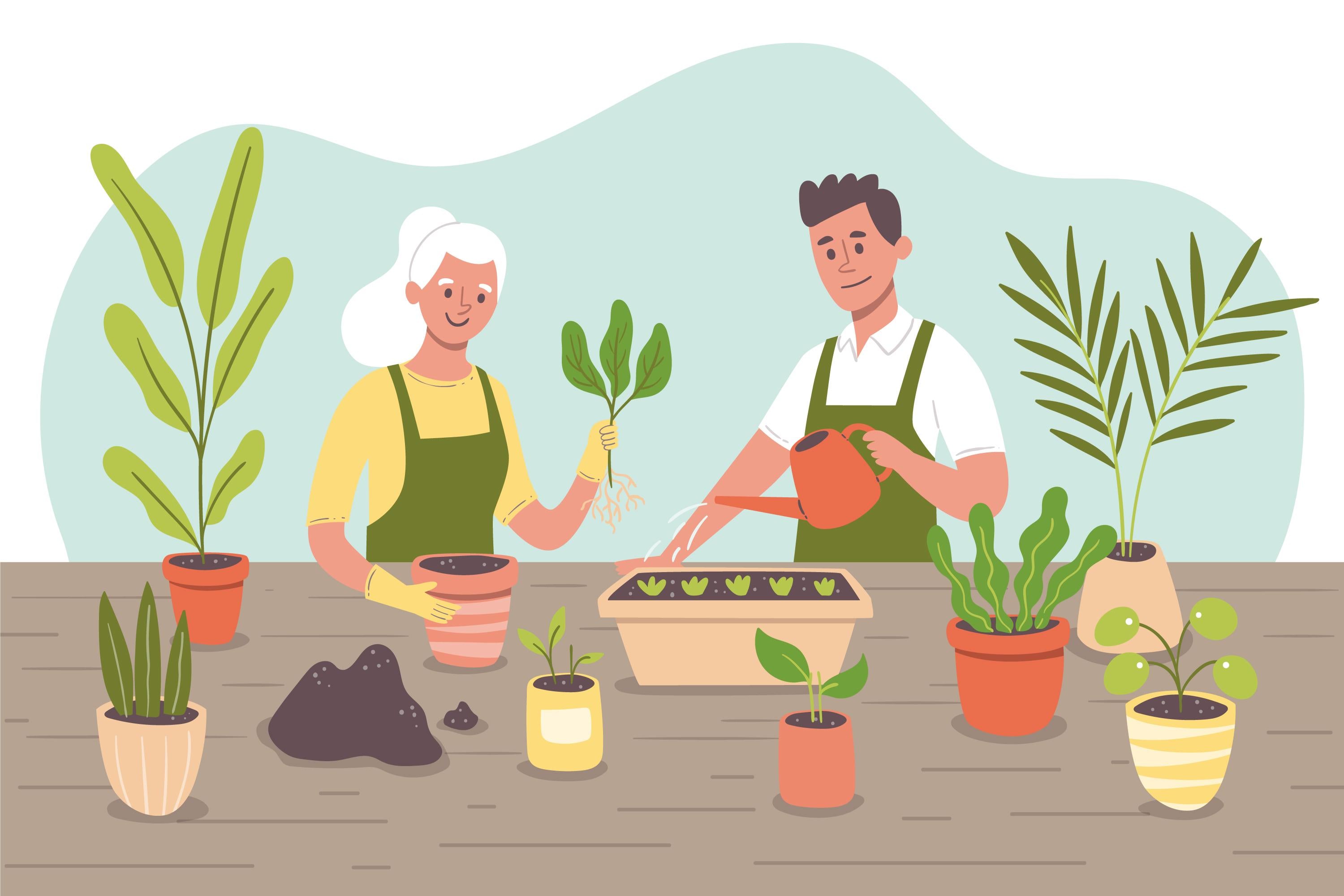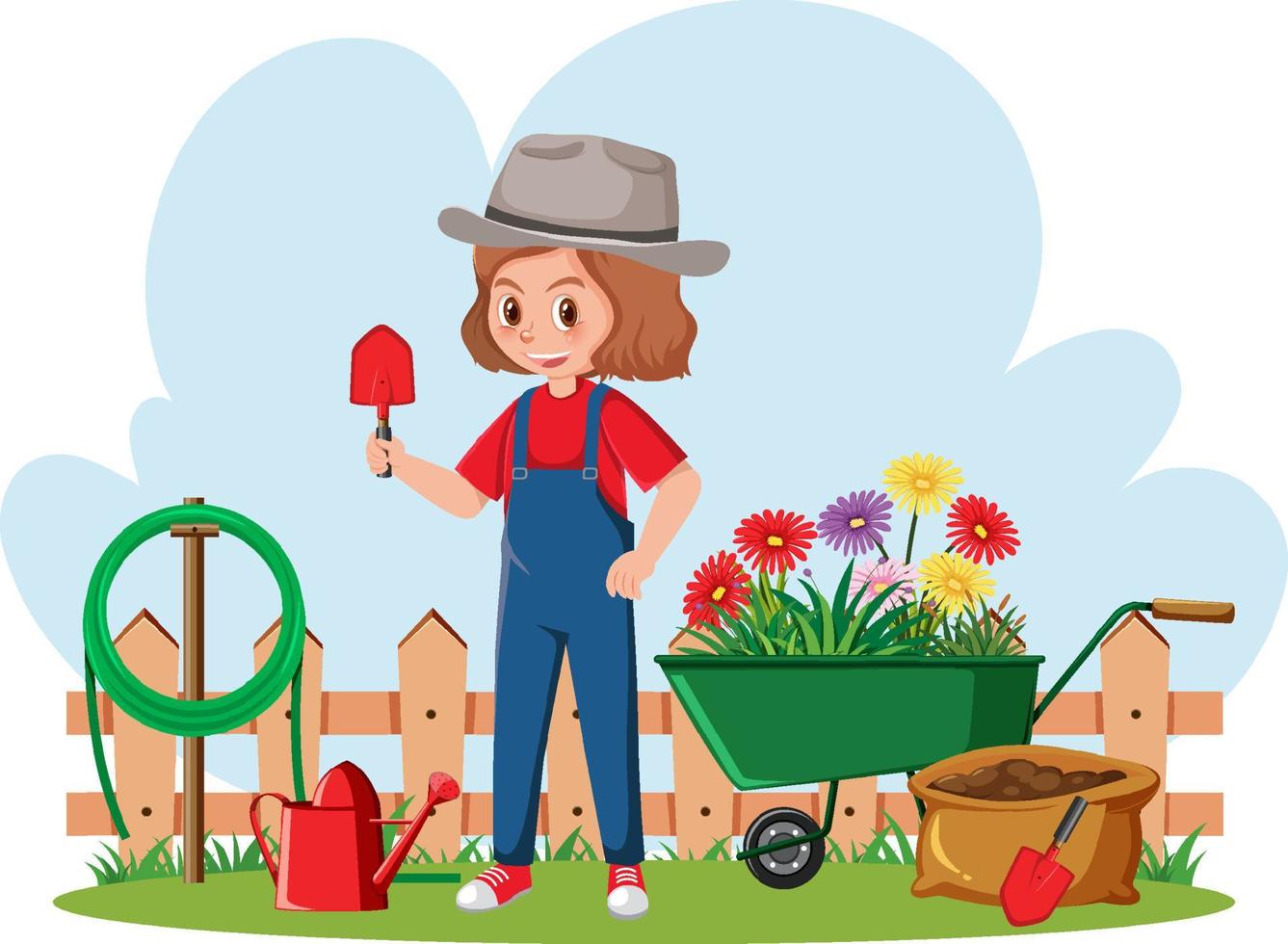Growing Green Thumbs: a Beginner's Journey Into the World of Gardening
Are you eager to get your hands dirty and begin expanding your very own yard? Look no more! In this write-up, we'll take you on a newbie's trip right into the world of gardening. You'll discover picking the right plants, recognizing dirt and compost, and necessary gardening tools. We'll also instruct you watering and feeding strategies and how to manage typical garden parasites. Prepare to grow your environment-friendly thumb and see your yard thrive!
Selecting the Right Plants
1. You require to assess your horticulture space and establish the number of plants that will fit pleasantly. Due to the fact that overcrowding can lead to stunted development and disease, this action is essential. Step the dimensions of your garden beds or pots and compute the available room. Consider the mature dimension of the plants you intend to grow. Some veggies and natural herbs require even more area than others, so it's important to do your study.
When you have a clear concept of your gardening space, it's time to select the ideal plants. Think of what you take pleasure in eating or what flowers you find most enticing. Consider the climate and sunlight conditions in your area. Certain plants prosper completely sunlight, while others favor partial color. Remember of any type of microclimates in your yard, such as locations that obtain essentially sunshine than the remainder. This will certainly aid you pick plants that are matched to your details problems.
If you're new to horticulture, choose for plants that are easy to expand and require marginal maintenance. Select plants that have a shorter maturation period if you live in a region with a much shorter growing period.
Comprehending Dirt and Compost
Soil is the foundation of your yard, giving nutrients, water retention, and assistance for your plants. It is important to have an excellent understanding of your soil type, whether it is sandy, clayey, or loamy, as this will identify the types of plants that will prosper in your yard. Bear in mind, a productive and healthy and balanced dirt is the vital to an effective yard, so take the time to understand your dirt and integrate compost to guarantee your plants grow.

Vital Horticulture Devices
Now that you recognize the importance of soil and compost, let's check out the essential gardening devices you'll require to cultivate your green oasis. Among the most standard tools you'll require is a garden trowel. This little portable tool is ideal for excavating small holes, hair transplanting plants, and scooping soil. One more crucial tool is a yard fork. This tough tool is used for loosening up dirt, separating clumps, and turning garden compost. An excellent pair of horticulture gloves is a must-have to safeguard your hands from thorns, irritable plants, and dust. Search for gloves that are resilient, breathable, and give a good grasp. A yard tube or watering can is important for maintaining your plants moisturized. Select a pipe with a spray nozzle that enables you to change the water circulation and stress. A tough set of trimming shears or secateurs is crucial for cutting and forming your plants. Search for shears with a sharp blade and comfortable manages. Last but not least, a yard rake is beneficial for leveling dirt, eliminating debris, and spreading mulch. With these crucial tools in your gardening collection, you'll be fully equipped to create and keep your green sanctuary.
Watering and Fertilizing Methods

Taking Care Of Common Yard Pests
As a novice gardener, you may encounter typical yard parasites that can unleash havoc on your plants. These bugs can range from pests like beetles, caterpillars, and aphids, to tiny animals like rabbits and squirrels. It is very important to be able to deal and determine with these parasites efficiently in order to protect your plants and make sure a successful garden.
Among the very first steps in taking care of garden bugs is to routinely check your plants for any indications of infestation. Search for eaten leaves, holes in the vegetation, or the presence of small bugs. It's essential to take activity quickly to prevent them from spreading and triggering additional damages. if you detect any pests.
There are several methods you can use to regulate yard parasites. In addition, there are natural bug control sprays offered that can assist prevent and get rid of common garden pests.
Bear in mind, avoidance is crucial when it pertains to taking care of garden pests. Maintaining your yard totally free and clean of particles can aid minimize the possibility of an infestation. Routinely removing weeds and dead plants can additionally assist eliminate concealing locations for insects.

Final Thought
By picking the right plants, comprehending soil and compost, utilizing necessary gardening tools, and mastering watering and fertilizing methods, you have actually set yourself up for home gardening for beginners success. Don't fail to remember to stay cautious in dealing with typical garden insects to ensure your plants prosper.
Soil is the structure of your garden, providing nutrients, water retention, and support for your plants. It is crucial to have a great understanding of your dirt type, whether it is sandy, clayey, or fertile, as this will establish the types of plants that will certainly flourish in your garden. Remember, a productive and healthy soil is the essential to a successful yard, so take the time to recognize your dirt and integrate compost to guarantee your plants grow.
As a newbie gardener, you may encounter usual yard insects that can inflict havoc on your plants. It's vital to be able to recognize and deal with these insects effectively in order to safeguard your plants and guarantee an effective yard.